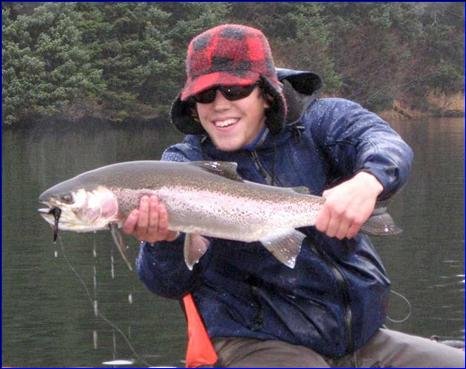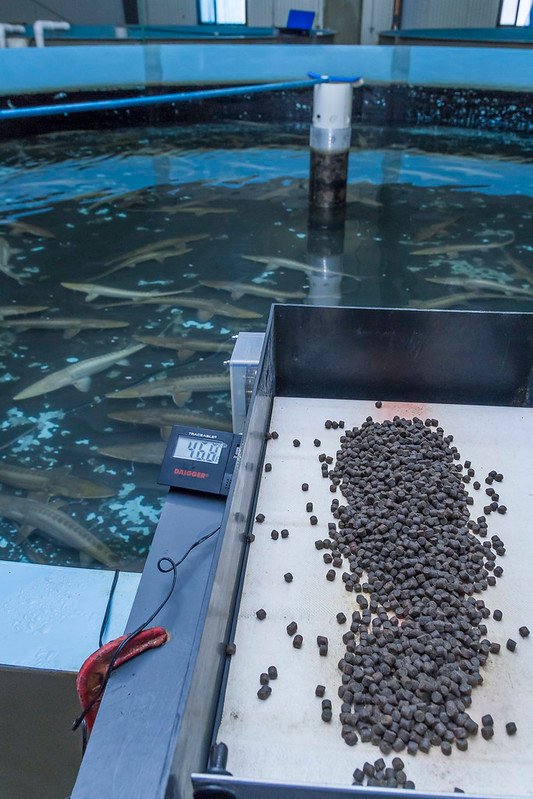Helmond, Netherlands.– Global fish nutrition company Alltech Coppens has launched a specialized Recirculation Aquaculture System (RAS) guide to help farmers achieve the full potential of their farm. Alltech Coppens is a specialist in nutrition in tailored feeds for RAS farms, and this new guide was created in collaboration with RAS specialists at the Alltech Coppens Aqua Centre, specifically for trout farmers. The RAS guide gives clear, detailed, farmer-friendly information on farm design, filters and how to operate them; as well as challenges and the critical feeding strategy.
RAS feeds are characterised by a high digestibility, leading to minimal amounts of faecal matter and high protein retention that minimises ammonia excretions. As a result, filters can work more efficiently. A true RAS feed makes a big difference in water quality, ultimately maximising the output of the RAS farm.
“To develop a high-performing RAS feed, it is crucial to fully understand every aspect of RAS farming,” said Gijs Rutjes, technical sales support manager at Alltech Coppens. “Working with customers, we discovered that it is possible to use more Alltech Coppens feeds, as the specific composition of the feeds results in even better performance and the filters will still cope.”
For RAS farmers, Alltech Coppens can identify barriers to achieving optimal performance and enables nutritionists to formulate with the best nutrients available, helping to reduce feed wastage.
“Being able to increase the daily feed rate is what every fish farmer wants, as more feed intake equals better growth,” added Rutjes. “In this guide, we share the knowledge and experience we have acquired through our more than 25 years dedicated to R&D.
Editor at the digital magazine AquaHoy. He holds a degree in Aquaculture Biology from the National University of Santa (UNS) and a Master’s degree in Science and Innovation Management from the Polytechnic University of Valencia, with postgraduate diplomas in Business Innovation and Innovation Management. He possesses extensive experience in the aquaculture and fisheries sector, having led the Fisheries Innovation Unit of the National Program for Innovation in Fisheries and Aquaculture (PNIPA). He has served as a senior consultant in technology watch, an innovation project formulator and advisor, and a lecturer at UNS. He is a member of the Peruvian College of Biologists and was recognized by the World Aquaculture Society (WAS) in 2016 for his contribution to aquaculture.




